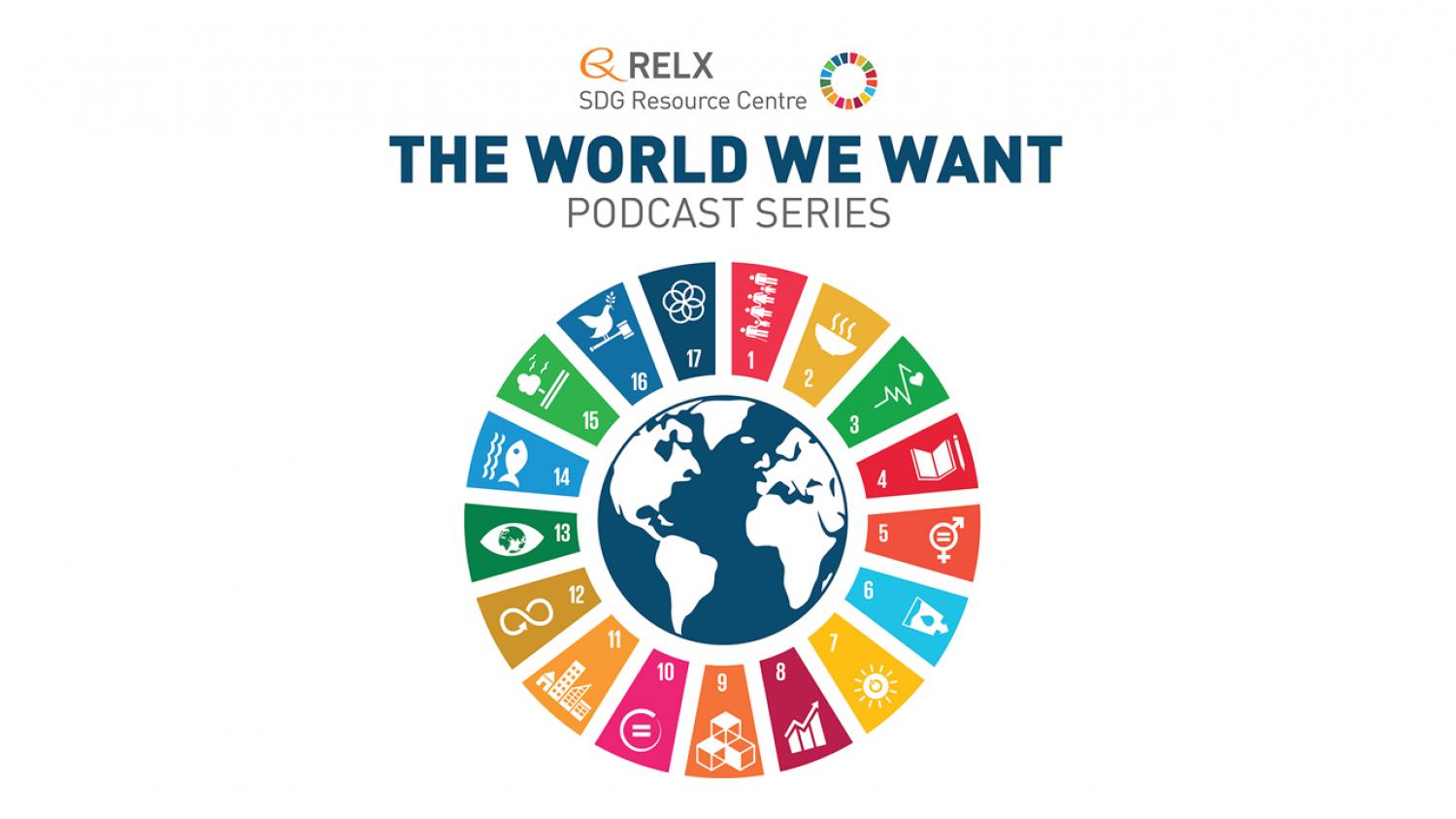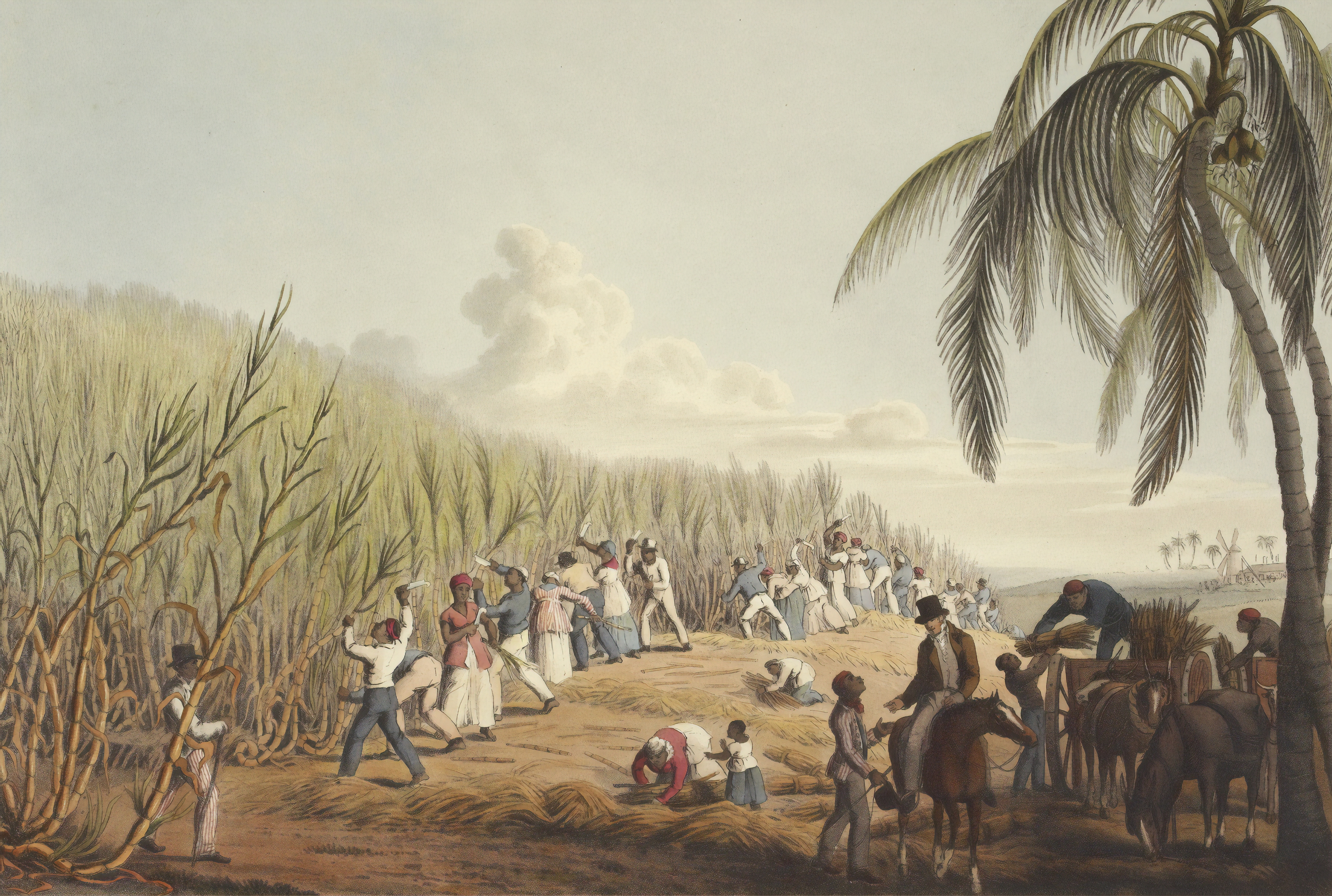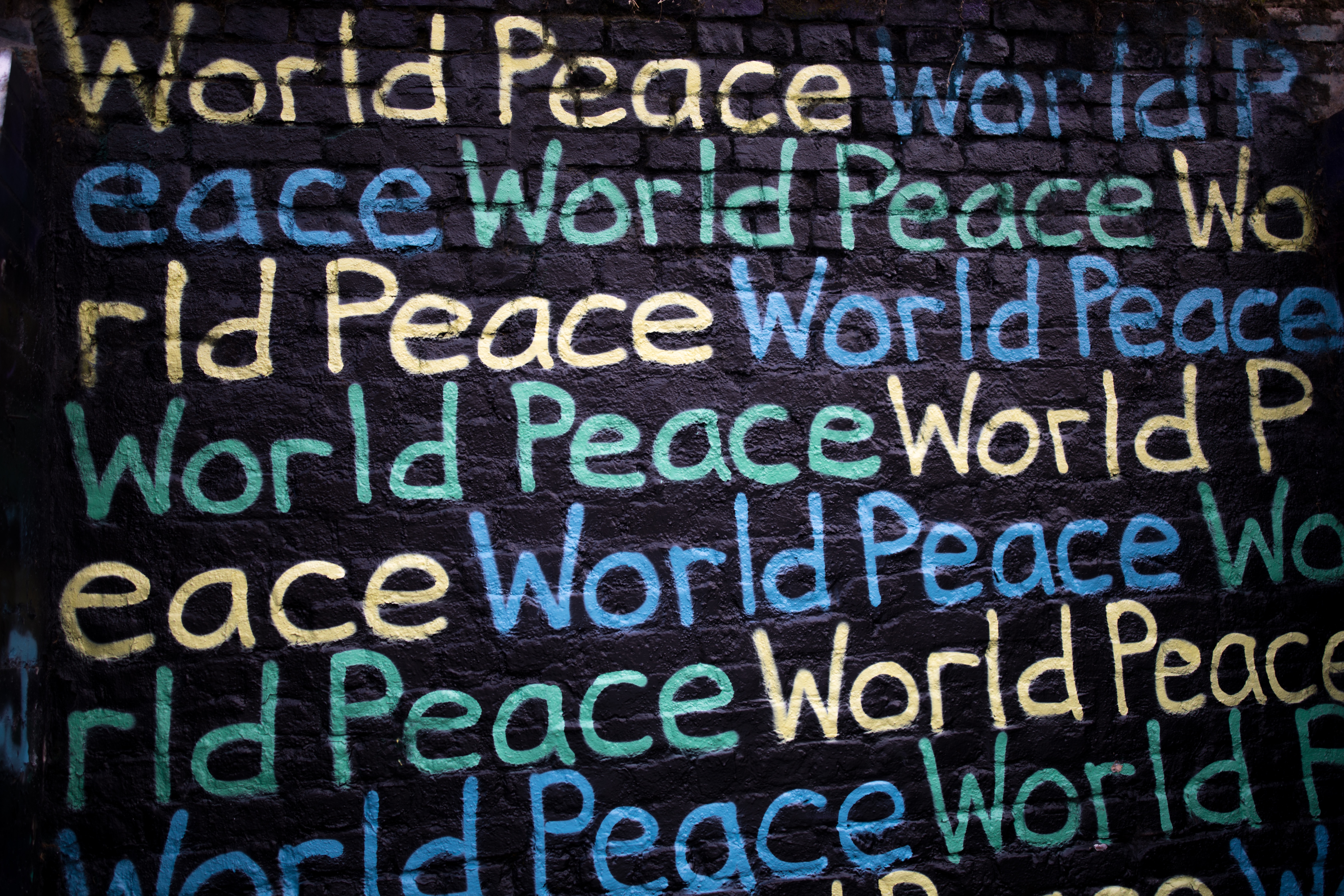Access to justice, which entails the capacity for individuals to seek and obtain a remedy through formal or informal justice systems, is a cornerstone of Sustainable Development Goal (SDG) 16, which focuses on Peace, Justice, and Strong Institutions. This goal, particularly target 16.3, advocates for the promotion of the rule of law at both national and international levels, emphasizing the need for equal access to justice for all individuals. This principle is not only foundational in its own right but also intersects significantly with other SDGs, highlighting the interconnected nature of these goals.
SDG 16's emphasis on access to justice is critical in ensuring fairness and legal protection for all, particularly the most vulnerable. It calls for the establishment and strengthening of institutions at all levels to deliver justice effectively, transparently, and without undue delay. This is fundamental in maintaining social order and preventing conflicts, thereby contributing to the achievement of peace and stability as outlined in SDG 16.
Moreover, access to justice is essential in enforcing rights under SDG 5, which focuses on Gender Equality. It plays a crucial role in addressing issues like gender-based violence, discrimination, and unequal power dynamics. By ensuring that women and girls have equal access to legal protection and recourse, societies can move closer to achieving gender parity and empowering all individuals regardless of their gender.
In the context of SDG 10, which aims at reducing inequalities, access to justice is vital for protecting marginalized and disadvantaged communities. These groups often face systemic barriers in accessing legal systems, which can perpetuate poverty and inequality. By ensuring that these communities have the means to seek legal redress, societies can address these structural issues and work towards more equitable outcomes.
Furthermore, access to justice is integral to upholding labor rights as outlined in SDG 8. This includes ensuring fair treatment in the workplace, protecting workers' rights, and providing avenues for redress in cases of labor violations. In a globalized world, this is especially important for migrant workers and those in precarious employment, who often lack the resources or knowledge to navigate legal systems.
Environmental protection, covered under SDGs 13 (Climate Action), 14 (Life Below Water), and 15 (Life on Land), also relies heavily on access to justice. Effective environmental laws and policies are only as strong as their enforcement mechanisms. Communities and individuals must have the ability to hold corporations and governments accountable for environmental harm. This ensures the protection of ecosystems, biodiversity, and the health of our planet, which is essential for sustainable development.
Access to justice is a fundamental component of the SDGs. It ensures that legal systems are equitable, responsive, and accessible to all, thus playing a critical role in achieving various aspects of sustainable development. Whether it's in the context of gender equality, reducing inequalities, labor rights, or environmental protection, access to justice serves as a key driver in realizing these ambitious goals. Therefore, strengthening legal frameworks, enhancing institutional capacities, and ensuring inclusivity in justice systems are imperative for the overall achievement of the SDGs.
International Day to End Impunity for Crimes against Journalists 2026
Advocating for a Safe and Free Press
The freedom of the press is a cornerstone of democratic societies, ensuring transparency and accountability. However, journalists around the world face threats and violence, often with little consequence for their perpetrators. The International Day to End Impunity for Crimes against Journalists seeks to address this critical issue.
The Significance of the Day
International Day of Multilateralism and Diplomacy for Peace 2026
Uniting for a Peaceful and Sustainable Future
The International Day of Multilateralism and Diplomacy for Peace underscores the vital role of international cooperation in resolving global challenges. It's a day to celebrate and reinforce our commitment to multilateralism as a means to foster peace and sustainable development worldwide.
The Significance of the Day
International Day of Remembrance of the Victims of Slavery and the Transatlantic Slave Trade 2026
Honoring Memories, Fostering Resilience
The annals of history bear witness to the atrocities and enduring impacts of slavery and the transatlantic slave trade. The International Day of Remembrance of the Victims of Slavery and the Transatlantic Slave Trade serves as a poignant reminder of this dark chapter in human history and its lasting effects on societies worldwide.
The Significance of the Day
International Day for the Total Elimination of Nuclear Weapons 2026: A World United for Peace and Disarmament
The pursuit of global peace and security is a fundamental goal shared across nations and cultures. Integral to this mission is the aim to achieve the total elimination of nuclear weapons. The International Day for the Total Elimination of Nuclear Weapons (IDTENW) stands as a vital reminder of our collective responsibility towards disarmament and the creation of a safer world.
The Essence of the Day
Human Rights Day 2024: A Pioneering Event to Advocate for Sustainable Development Goals
As we mark Human Rights Day 2024 on December 10, 2024, the importance of collective action in achieving a more equitable world has never been clearer. This Human Rights Day 2024 event aims to be a turning point, a place of exchange, inspiration, and, most importantly, action.
Event Overview
Date: December 10, 2024
International Day of Peace 2026: Advancing Peace Through the SDGs
Observed on Sunday, September 21, 2026, the International Day of Peace commemorates the founding ideals of the United Nations: to promote peace, end conflict, and foster global cooperation. Each year on this day, individuals and nations are reminded of the importance of building a world free from violence and inequality.








